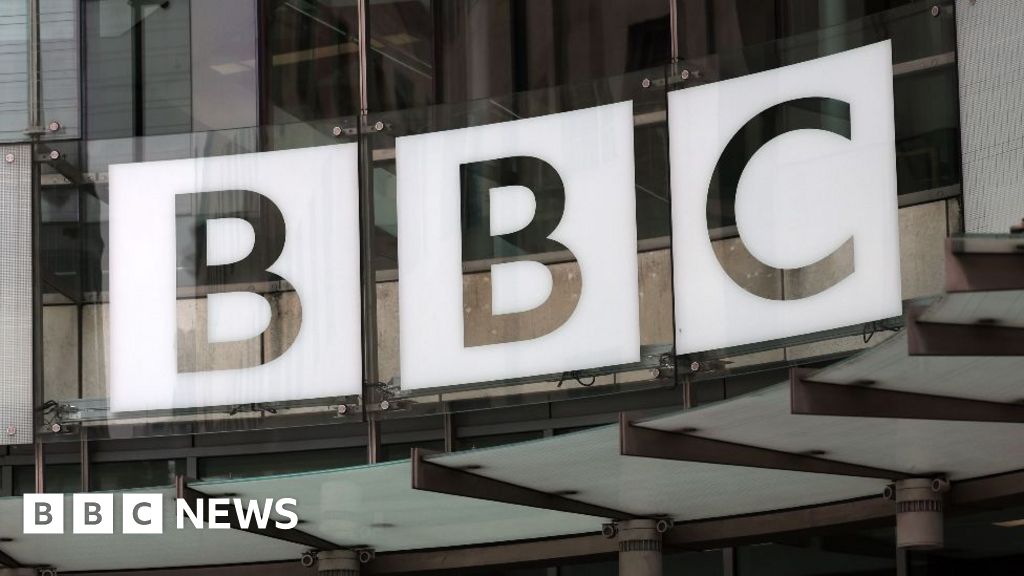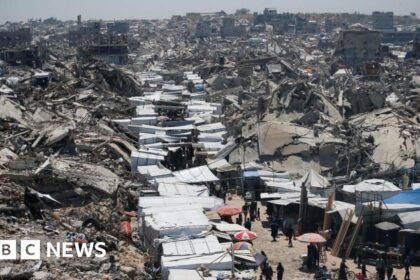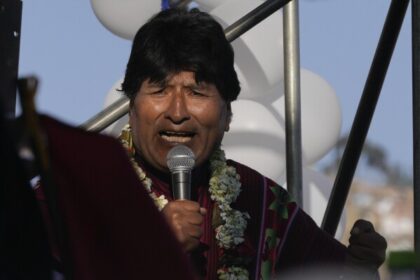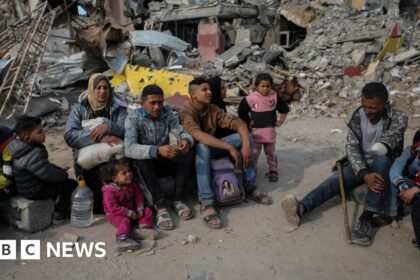**BBC Pulls Gaza Documentary Due to Concerns Over Impartiality**
The BBC has decided not to broadcast a documentary about doctors working in Gaza, citing concerns over impartiality. The decision was made after the corporation paused the film in April and failed to come to an agreement with the production company, Basement Films.
The documentary, titled “Gaza: Doctors Under Attack,” was commissioned by the BBC over a year ago but has yet to be broadcast on any BBC outlet. Despite efforts to find a solution that would meet the corporation’s impartiality standards, it was ultimately decided not to air the film.
“We have concluded that broadcasting the material would create a perception that it was biased, which would not meet the standards that the BBC is expected to meet,” said a BBC spokesperson. The corporation also stated that the documentary had not undergone its final pre-broadcast approval processes and therefore could not be considered a BBC production.
**Criticism from Filmmakers and Journalists**
The decision has been met with criticism from filmmakers and journalists who claim that the BBC’s concerns over impartiality are unfounded. De Pear, the director of the documentary, spoke out against the decision at the Sheffield Documentary Festival, blaming Tim Davie, the director general of the BBC, for refusing to air the film.
“The BBC is primarily a news and current affairs channel,” said De Pear. “If they fail in that area, it doesn’t really matter what dramas or sports they cover.” He claimed that staff at the BBC were being forced to use language they did not recognize and were unable to tell stories clearly due to concerns over impartiality.
The BBC has rejected these claims, stating that they have consistently produced powerful journalism on the conflict in Gaza. However, other high-profile figures such as actress Susan Sarandon and presenter Gary Lineker have previously accused the corporation of censorship for delaying the film’s broadcast.
**Implications for Journalism**
The decision not to air the documentary raises questions about the role of impartiality in journalism. While the BBC’s concerns over bias are understandable, some argue that this approach can lead to a stifling of important stories and perspectives.
“Any news organization should decide which stories are worth reporting,” said Maxine Peake, one of the signatories of an open letter criticizing the decision. “This is not editorial caution; it’s political repression.”
The implications for journalism are significant, as the BBC’s decision sets a precedent for other media outlets to follow. It remains to be seen how this will affect the reporting of future conflicts and whether other organizations will take a similar approach.
Read More @ www.bbc.com












